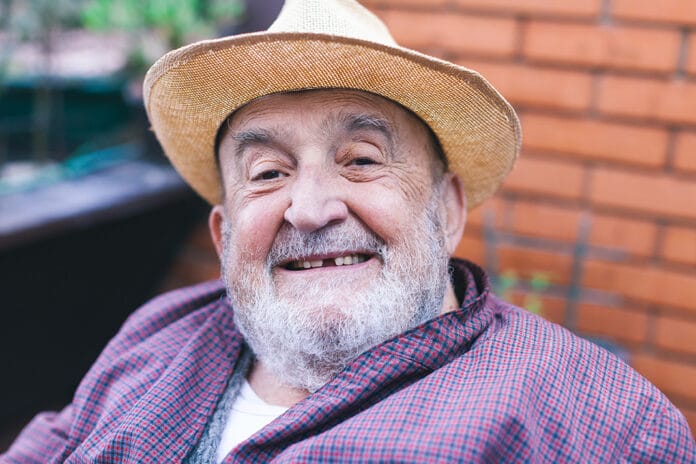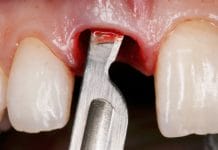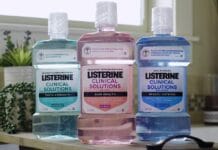Several studies link social isolation and loneliness to various health conditions, including high blood pressure, anxiety, mental health disorders, heart disease, depression, cognitive decline, and early death. With the rise of the COVID-19 global pandemic, these issues might be more salient, especially among the geriatric population.
People who have no meaningful interaction and connection with those around them are at more significant risks of developing physical, mental, and emotional issues than their more outgoing counterparts. A recent study shows a connection between social isolation among older adults and losing teeth.
Although different, social isolation and loneliness both indicate the presence of social disconnection. Social isolation can be defined as the lack of social contact or connection with people, while loneliness is a distressing feeling resulting from social isolation. Social isolation is objective, while loneliness is subjective.
“Social isolation and loneliness are widespread, with some countries reporting that up to one in three older people feel lonely. A large body of research shows that social isolation and loneliness seriously impact older people’s physical and mental health, quality of life, and longevity. The effect of social isolation and loneliness on mortality is comparable to that of other well-established risk factors such as smoking, obesity, and physical inactivity,” said World Health Organization.
Social Isolation and Tooth Loss Among Older Adults
According to a study done by scientific researchers at NYU Rory Meyers College of Nursing on older Chinese adults, there is a solid connection between social isolation and losing teeth. The findings remained constant irrespective of other dental care controlling factors such as smoking and drinking, dental and oral hygiene, and other dental health issues.
“Older adults who were socially isolated had, on average, 2.1 fewer natural teeth and 1.4 times the rate of losing their teeth than those with stronger social ties,” said Xiang Qi, a Ph.D. student at NYU Meyers, and the study’s first author.
For this study, the researchers used the Chinese Longitudinal Healthy Longevity Survey to analyze data from 4,268 adults aged 65 and up. The results were attained after seven years of study (2011-2018) and according to the findings, more than a quarter (27.5%) of the study participants were socially isolated, and 26.5% reported feeling lonely.
The researchers explain that this association between tooth loss and social isolation among older adults results from being less active and less engaged. Social isolation and loneliness prevent older adults from engaging in wellness activities such as healthy routines or physical exercises, leading to poor general health, including oral hygiene.
“This functional impairment seems to be a major pathway linking social isolation to tooth loss,” said Wu.
While the study was done solely with Chinese participants, these findings are relevant to all parts of the world since social isolation and tooth issues are experienced globally. Social isolation and loneliness among older adults (and even youths) in various parts of the world is a factor that raises just as many health issues as any other.
Consequently, there is a great need to develop policies and effective interventions to lessen social isolation and its consequences, including oral health.
According to WHO, “A wide variety of face-to-face or digital interventions have been developed to reduce social isolation and loneliness among older people. These include social skills training, community and support groups, befriending, and cognitive behavioral therapy. Creating more age-friendly communities, by improving access to transportation, information and communication technologies and the built environment, can also help reduce social isolation and loneliness.”
Additionally, set programs should encourage intergenerational support between the young and the older generation within various families to improve and build an older adult’s peer groups and social connections. This intervention will lead to better connectedness and more health-promoting activities and, as a result, improved oral health.











